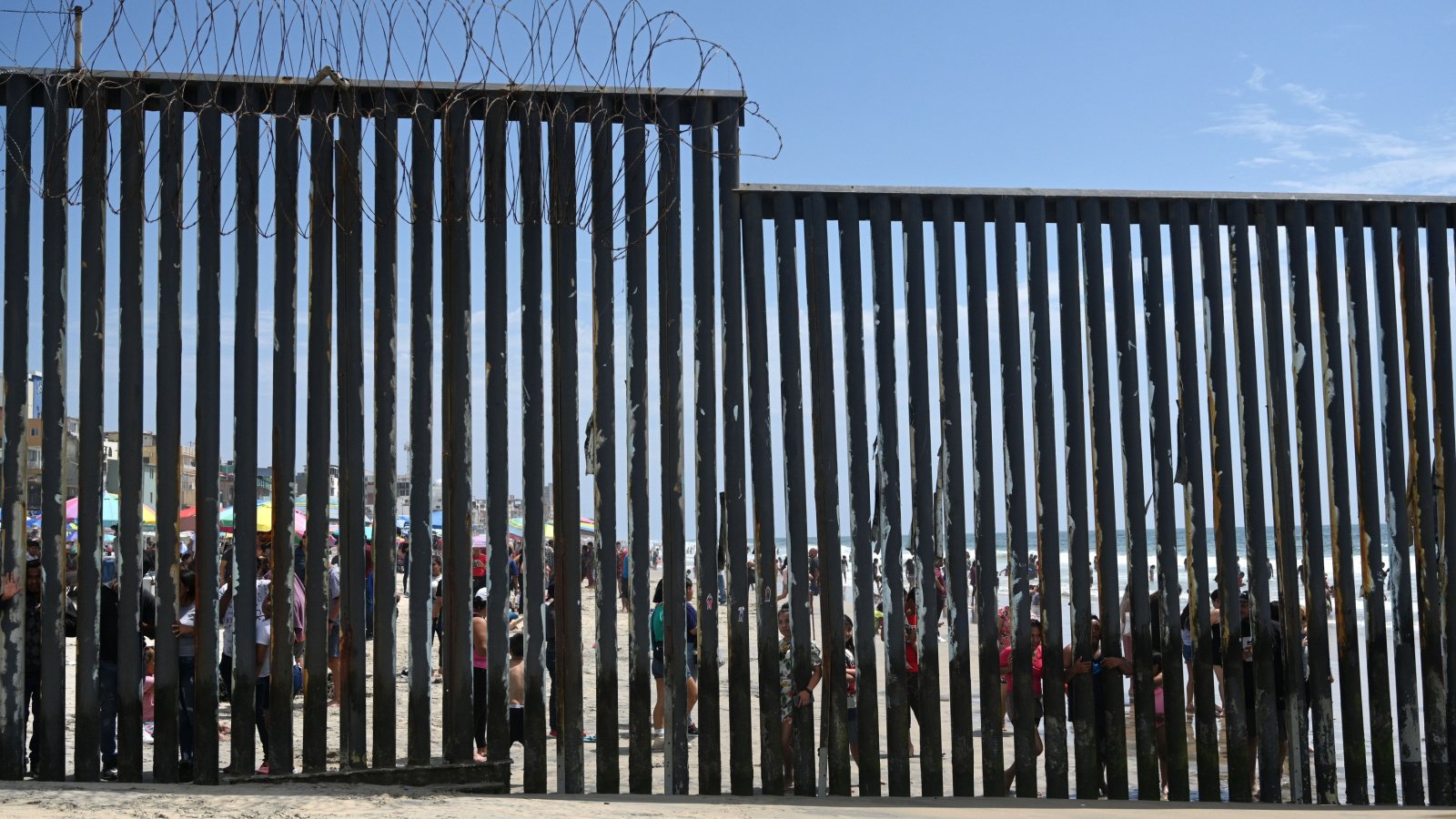The Senate is currently evaluating a bill designed to amplify immigration enforcement, targeting immigrants charged or convicted of crimes for faster deportation. This move has ignited a debate over civil liberties and the effectiveness of ICE’s detainer policy. The legislation’s implications for immigration policy and individual rights are under intense scrutiny.
New Legislation on the Horizon

In a bold move, a coalition of Democratic and independent senators has put forward a bill allowing the federal government to seek court orders. These orders would mandate that local authorities detain immigrants, regardless of their legal status, who are involved in violent crimes until deportation proceedings can commence.
A Strategic Shift

As the election year heats up, Democrats, alongside their independent allies, are showing a keen interest in tightening immigration enforcement. This pivot reflects an acute awareness that immigration will be a hot-button issue in the upcoming elections.
Political Reactions

The tragic murder of nursing student Laken Riley in Georgia has ignited a firestorm of debate, with Republicans highlighting the issue of crimes by immigrants lacking permanent legal status. In response, the GOP-dominated House passed the “Laken Riley Act,” aiming to ensure the detention of immigrants charged with theft.
Election Year Tactics

Champions of the new measure include a mix of Democratic and independent senators, some of whom are navigating challenging reelection campaigns. Critics, however, label the bill a mere strategic maneuver designed to win electoral favor.
Law Enforcement Support

Senator Baldwin has publicly emphasized the importance of providing law enforcement with the necessary resources to effectively do their jobs. This statement underlines a commitment to enhancing safety and security.
Political Backlash

The introduction of this legislative proposal has not gone unnoticed by the National Republican Senatorial Committee, which swiftly criticized it as a desperate attempt by Democrats to shift blame for border issues. The critique points to a broader electoral strategy rather than genuine policy reform.
A Divided Political Landscape

Following the rejection of a bipartisan asylum system overhaul by Republicans, Democrats have adopted a more assertive stance on immigration reform. They’re appealing to voters with promises of stricter immigration laws, all while advocating for the protection of immigrants’ civil rights.
Focus on Border Security

In the House, a new group of Democrats has emerged, concentrating their efforts on border security. This development signals a growing priority within the party to address immigration challenges comprehensively.
Enhancing ICE’s Authority

The Senate’s proposed bill seeks to empower U.S. Customs and Immigration Enforcement (ICE) significantly. By obtaining warrants from judges, ICE could ensure local authorities detain certain immigrants until they can be handed over for deportation proceedings.
Debating Detainers

ICE’s current practice of issuing detainers requests local law enforcement to extend an immigrant’s detention for 48 hours post-release. However, this practice has sparked controversy and claims of Fourth Amendment rights violations, stirring heated debates across the nation.
Legislative Stalemate

Efforts to fast-track the “Laken Riley Act” from the House met resistance in the Senate, courtesy of Senator Dick Durbin, highlighting the deep divisions over immigration policy. The act’s blockade underscores the political tug-of-war over immigration reform.
Political Accusations

Senator Ted Budd’s criticism of the Democratic stance on immigration encapsulates the blame game prevalent in today’s political landscape. His remarks reflect the ongoing contention surrounding immigration policies and their impact on public safety.
Uncertain Future

While the bill’s fate in the Senate remains in limbo, it represents a critical point of contention between parties and ideologies. Its progression, or lack thereof, could significantly influence the broader debate on immigration reform.
A Call for Practical Solutions

Senator Murphy’s defense of the bill emphasizes a desire to address immigration system flaws effectively, rather than exploiting the issue for political gain. His statement advocates for a focus on practical improvements over divisive rhetoric.








